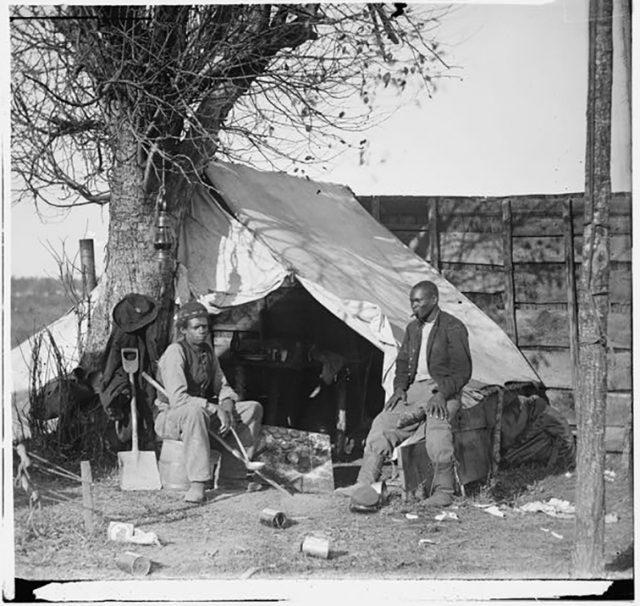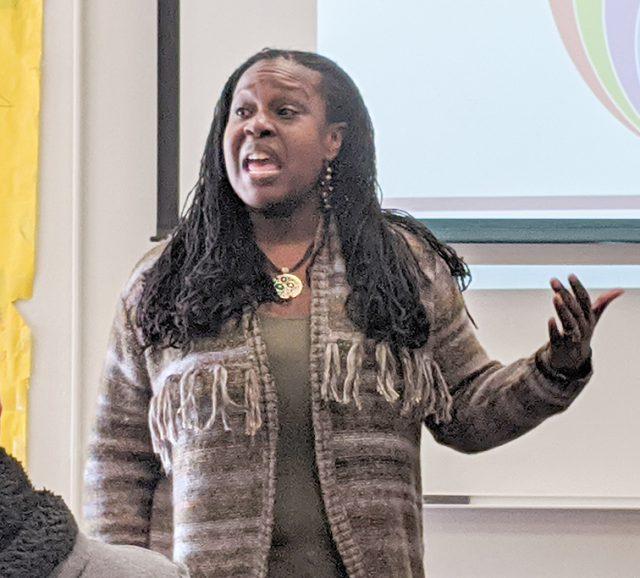| November 20, 2019 | Gunner Young | campus editor |
|---|
In honor of Veterans week, NW Campus hosted Boots to Suits to help veteran students demilitarize their resume to get a job as a civilian.
While centered mostly around veterans, the speech gave attendees general tips on things like job interviews, dress codes and resumes.
NW career and employment services coordinator Tracy Williams and student development specialist Cassie Fennel shared speaking time.
“We want vets to realize how important they are in the workplace,” Williams said. “They have so many qualities that employers want, but many vets don’t realize they have those qualities.”
These qualities include leadership, teamwork and integrity, she said.
An important part of writing a civilian resume for veterans is to demilitarize the lingo used on it so employers can better understand the qualities one is exhibiting.
Fennel said she was surprised at how few veterans list their military service on their resume.
“It’s all about making your image a positive one,” she said. “You don’t know what the person hiring you is thinking, so you have to keep it neutral.”
Fennel recommends using services such as the military skills translator on Military.com to demilitarize a resume.
“Instead of saying that you ‘led a 15-person team in combat missions,’ you could say ‘led a 15-person team in completing different operational goals,’” Fennel said.
While resumes are important, one also needs to put a lot of effort into the interview process.
“The resume gets you the interview, but the interview gets you the job,” said Williams.
When dressing for interviews, language and punctuality were cited as the most important aspects of a good interview.
“You can never get a second chance to make a first impression,” said Williams.
After the speech, attendees were given a binder full of various resources to help with the employment process.
NW student Briona McLemore said this event taught her how to turn a military resume into a civilian one.
“We [veterans] use a lot of acronyms in the Navy,” McLemore said. “And I can talk to other veterans and say something that no one else knows what we’re talking about.”
She referred to Fennel’s comment on keeping it neutral and portraying oneself in a positive light.
“The transition for most veterans is getting employers to understand that we’re not just running around with guns all the time saying ‘kill, kill, kill,’” McLemore said. “We actually do have jobs, and we are very proud of that.”


































